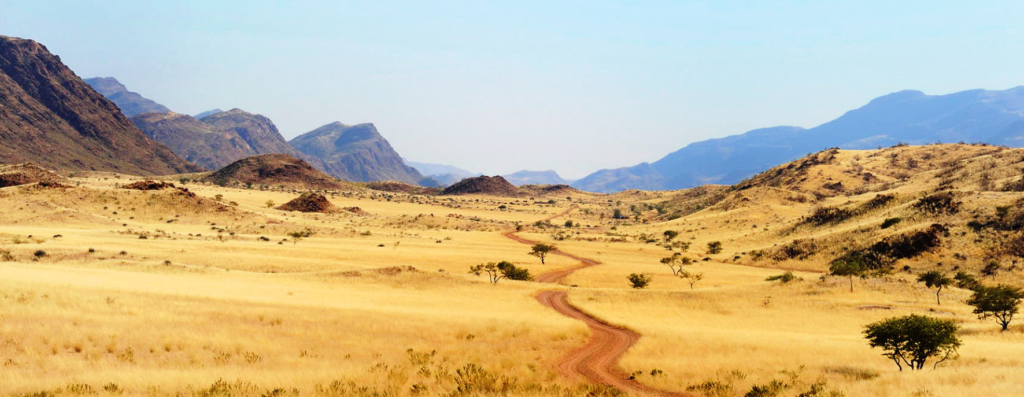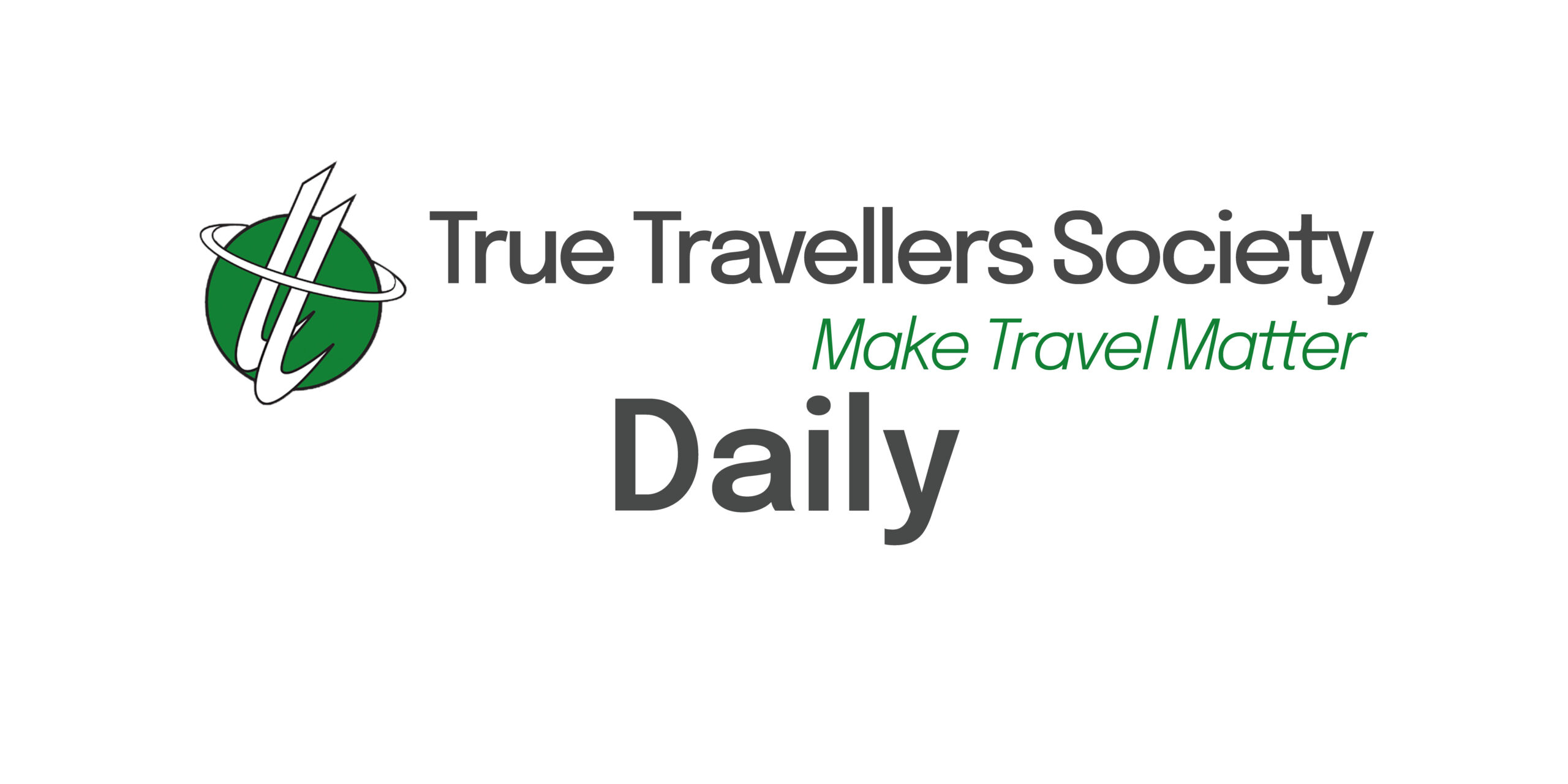Safaris have always been exotic dreams for adventurers. It is a once-in-a-lifetime chance to see animals you have always heard about (but never actually saw) free in a beautiful natural landscape. For many countries, safaris are also an important source of income and an incentive to protect habitats. However, the ethics of safaris can be a bit difficult to entangle. If you have always dreamed of going on a safari but are unsure of how to do it, follow our tips on choosing an ethical safari.
Is Going on a Safari Ethical?
You could ask the same questions about many other travel activities. The answer will always be – it depends on how you go about it. Safaris were originally designed for hunting, so the history itself is not overwhelmingly positive. There are still many safari operators that disregard the well-being of animals and do not protect the environment. However, the popularity of safaris is also an important source of income to world regions rich in wildlife, such as East Africa. Safaris are also better than investing in zoos or circuses, and many environmental activists support them to combat poaching. So, safaris are not necessarily unethical. But, if you go with the wrong safari operator, it can have a detrimental impact on the lives of the animals, the environment, and even the local communities.
The most important thing to understand is that not all safaris as equal. Some have been widely recognized as employing ethical practices, while others have not. Therefore, as with so many other activities related to ethical travel, the first step is to make sure you do your research. Thankfully, now there is a lot of information online about the dos and don’ts of ethical safaris.
What makes a Safari an Ethical Safari?
Many things can make your safari ethical or unethical. Here are a few main points to consider: how the safari supports (or does not support) local communities, respect for animal rights, and ecosystems.

Sustainability
You should always make sure you are embarking on a sustainable safari. This means a safari that does not harm the environment or wildlife and has positive social benefits.
You can join safaris that contribute to conservation projects, such as reforestation, and take account of land and wildlife. Make sure credible local or international organizations run these projects. When in doubt, you can also check out safari operators recognized by the WTM Responsible Tourism Awards and similar initiatives.
You should also research which safari operators offer eco-friendly lodges, so you can support companies that are making a difference and choosing to invest in sustainable energy sources, materials, and practices. Some safari operators have also banned using polluting items, such as plastic bags.
Animal rights
If you are going on a safari, you probably love animals. So, do not embark on any safaris that exploit animals as part of the “experience.” For example, there are still safaris where you are encouraged to ride animals such as elephants. It is better not to support companies with these practices and instead go on appropriate safari vehicles.
Even if you do not ride the animals, some safari operators still want to offer animal interactions. These kinds of interactions are not only dangerous for the visitors but also for the animals. Research the safari program in advance to know whether they advertise these sorts of “experiences.” And, if they do, look for an alternative operator.
Avoid any safaris involved in “canned hunting,” which is when wild animals are reared only to be hunted. When choosing a safari, ensure that the safari operates tries as much as possible not to interact or disturb the animals.
Support of local communities
Safaris are often in protected areas. However, in some cases, those areas overlap with territories of local indigenous people, who are often driven out of their land. To make sure your safari is actually supporting local communities, we again advise you to visit conservancies. In this case, the land is managed and owned by local communities or conservation organizations. Even though most safari operators are still private companies, the local community still benefits from the profit because they own and manage the land.
Other ways to support local communities are to buy souvenirs directly from them. Avoid souvenirs made from animal products as they typically encourage hunting.
Where are some Ethical Safari Holidays?
If you are looking for ethical safari holidays, you can use responsible travel search services such as Responsible Travel to know about ethical operators. You can also consult an ethical travel agency to know which safari operators have sustainable practices. And, of course, regularly checking websites such as True Travellers can also provide you with useful information about ethical safaris.
Here are some suggestions:

Conservancy Safaris Namibia
With internationally recognized working conservationists, you can make sure to make the best of your trip with Conservancy Safaris Namibia! You will have the opportunity to explore landscapes, wildlife, and local culture ethically. They also offer special expeditions focused on yoga, photography, and hiking. Plus, you can choose whether you prefer staying at a lodge or going wild camping.
The shareholders of Conservancy Safaris are actually local communities, consisting of more than 3000 Himba and Herero people. So the profits go directly to them, instead of being seized by outsiders.
The expeditions can go from 6 to 12 nights, and you can choose whether you would prefer to go on safaris more focused on culture, wildlife or both. By choosing to travel with Conservancy Safaris, you directly contribute to the sustainability of local communities and the preservation of wildlife and the environment. As Conservancy Safaris motto goes, “make your footprint count”!
Duba Plains Camp, Botswana
If you are looking for low-impact tourism, then Duba Plains Camp is the safari for you. The Camp has a fantastic lodge, and it is situated in the Okavango Delta, in a 33,000-hectare private reserve.
The Camp is also a member of Pack for a Purpose. This initiative encourages travellers to make lasting impacts on the communities they visit. Basically, you can use extra space in your luggage and bring supplies to the social and conservation programs run by Duba Plains Camp. The supplies can be pencils, sanitary napkins, English books, toiletries, needles, wool. Check here the most needed items at any given time.
Captured in Africa
Have you always dreamed about beautiful African landscapes with fantastic nature and wildlife? If you can’t get enough of African landscapes pictures, Captured In Africa might be the safari operator you are looking for.
It is, in fact, the safari operator for photography lovers, offering safari tours from Kenya to Rwanda, South Africa, Uganda, and many other countries. Their goal is to promote conversation awareness through photography and tailor the safari to suit different kinds of travellers. Whether you are a professional photographer or an ordinary traveller on a budget, Captured in Africa has a proposal for you. Plus, guests are invited to contribute directly to conservation efforts by planting trees in South Africa, Botswana and Rwanda.

Safari With Us
A specialized safari operator, present in Southern and Eastern Africa. Safari With Us is a member of the Campaign Against Canned Hunting. They only hire professional guides and offer many different kinds of safaris in several African countries. Whether you are looking for romantic holidays or adventures, Safari With Us has the right safari for you.
We hope our tips about how to choose an ethical safari have been useful for you. As travellers, we often struggle with ethical dilemmas. Our wish for adventure and our desire to positively affect local communities and the environment can sometimes be at odds. However, we hope this article showed you how safaris can, indeed, be ethical and sustainable. Always make sure to do your research in advance and look carefully for any red flags.
If you are looking for more ethical travel tips, we invite you to check out our blog and learn more about how travel can contribute to conservation and the positive impact of ecotourism. We are always curious about new trends and initiatives for ethical and sustainable travel, so do not hesitate to contact us if you have some amazing social enterprise, tourism operator or volunteering opportunity to share!
Enjoyed this post? Pin it!



